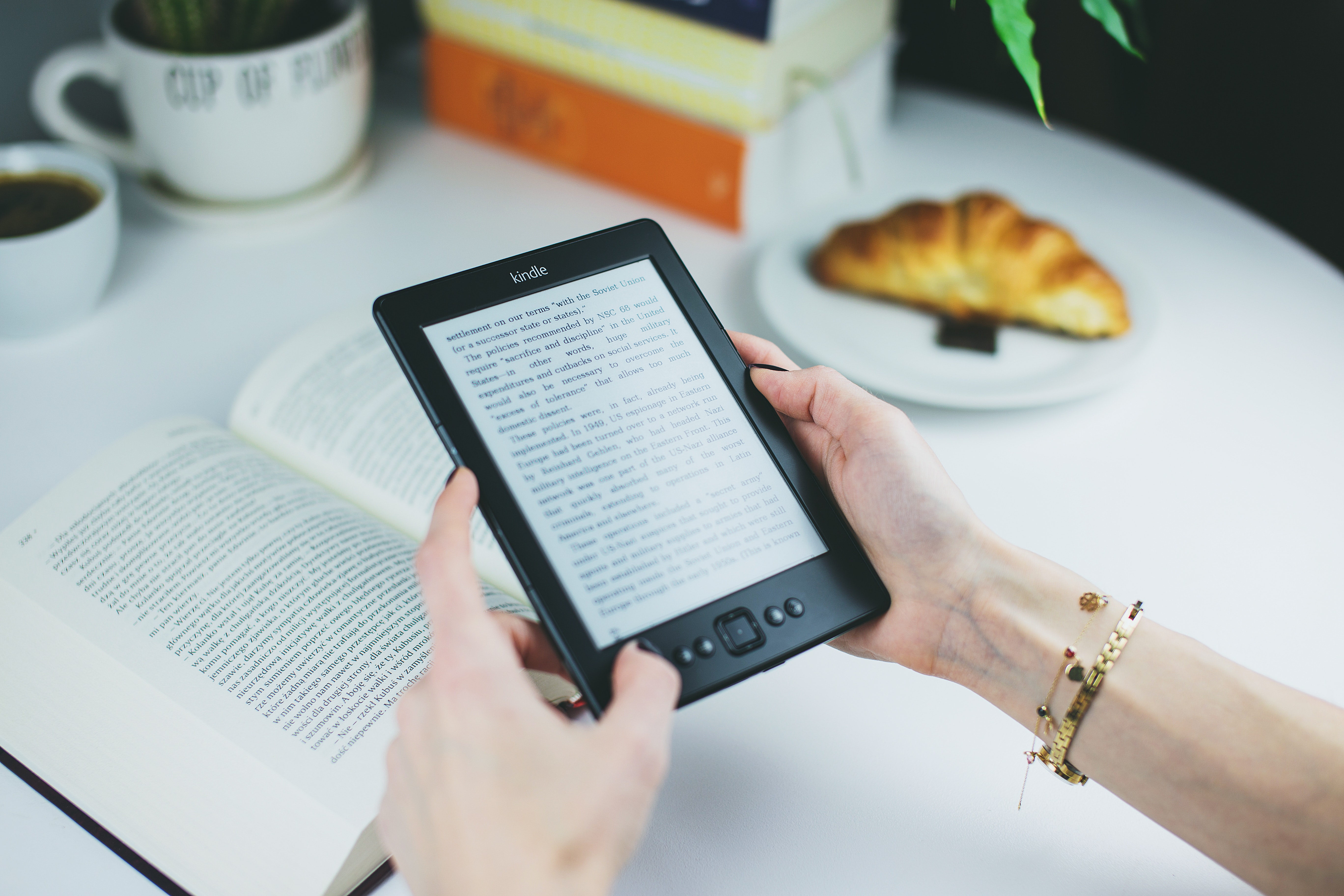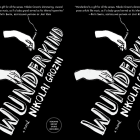ePocalypse Now

So! A quick caveat.
By night, I’m a poet: I write, I submit, I sometimes get an acceptance, I get a bunch of rejections, and I submit again. Lather, rinse, repeat.
There’s notoriously little money in poetry, however, so by day I work in the digital group of a publishing company. The caveat I mention is this: for this post, I’m speaking as both a poet and a lover of digital media, and I am expressly not speaking as a representative of my company in particular or the publishing industry in general.
That said: something I’ve noticed in the course of my nine-to-five existence is that everyone’s super worked up about eBooks. There seem to be three camps: those who are convinced digital publishing signals the end of publishing writ large, those who are convinced digital publishing is the future, and those who aren’t sure, but are on the express train to Trepidation Towne because everyone else is up in arms. It’s the ePocalypse! The Mayans were right!
The folks who believe this is The End of Publishing are divided on a lot of the specifics but are, as far as I can tell, worried that the combination of electronic formats and Internet retailers will cause the physical book to go extinct, that publishers will go out of business as retailers choose to work directly with authors (and vice versa), and the cost of books will be driven down to ultimately unsustainably low price points by market expectations, rampant piracy, or both.
Those who think this is a new era of publishing have a lot of different opinions as well, but the general consensus is that more competition and more options are better for writers, publishers, and retailers.
There is some fear that the inevitable reshuffling will leave a smaller piece of the pie for traditional publishers, but I think that’s all the more reason for publishing houses to aggressively promote the value they add to the process. People inevitably forget that when they sign on to be their own publishers, they also sign on to be their own agents, publicists, marketing directors, salespeople, editors, proofreaders, cover designers, and IT departments. That’s a lot of work for one gentleman/lady. That is not so much work for a team of gentlemen and ladies who do this for a living.
Finally, those who aren’t sure how they feel about eBooks and digital publishing tend to be swayed by whatever’s in the water that particular day. This seems to affect folks outside the industry more than those in it.
In the course of all the handwringing—and this gives away my own membership in terms of the aforementioned camps—I think we forget the source of the word apocalypse: it’s from the Greek “ἀποκάλυψις,” meaning “revelation.” It’s not the end of the world—far from it. The shift to digital media in publishing is a true revolution in the way people discover, recommend, and read books, and I’m extraordinarily excited to be part of that process, both as an employee in the publishing industry and as a poet.
My worries aren’t about whether to publish my work electronically, but how. Should I go for a traditional publisher and insist on an eBook in my contract? If so, what kind of eBook format should I go with? (Standard eBooks are reflowable, meaning adjusting the font size will alter the number of words per line and per page, which wreaks havoc on poetry; on the other hand, the alternative, fixed layout, is only really workable on tablet readers like the iPad.) Should I go for the gusto and insist on an enhanced eBook that includes audio recordings of me reading some poems, a video or two of me reading in a bar, and some pictures of my fish, Kevin Sorbo? Or should I eschew traditional publishing altogether and try to make an eBook all by my lonesome?
Publishing has been in one kind of danger or another since Gutenberg developed movable type in Europe in the 15th century, and perhaps longer; Cicero (106 BCE – 43 BCE) is supposed to have said, “Times are bad. Children no longer obey their parents, and everyone is writing a book.” Publishing is changing again, and I hope the shift to eBooks is half as exciting as the invention of the printing press. Let’s not forget it was that device that delivered books from the control of a handful of clergy to the masses, and the industry, though changed, flourished as a result. Digital publishing is poised to do the same.
I can’t wait to see what happens next.
Photo by Kullman (Own work), via Wikimedia Commons



